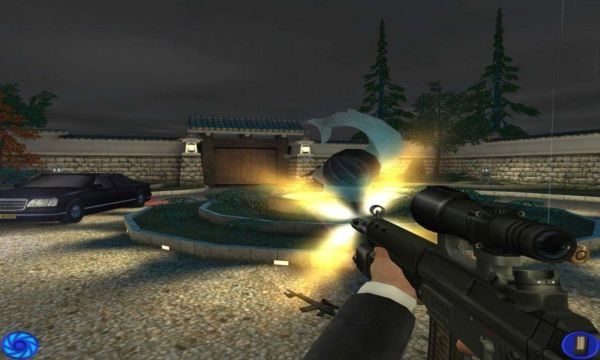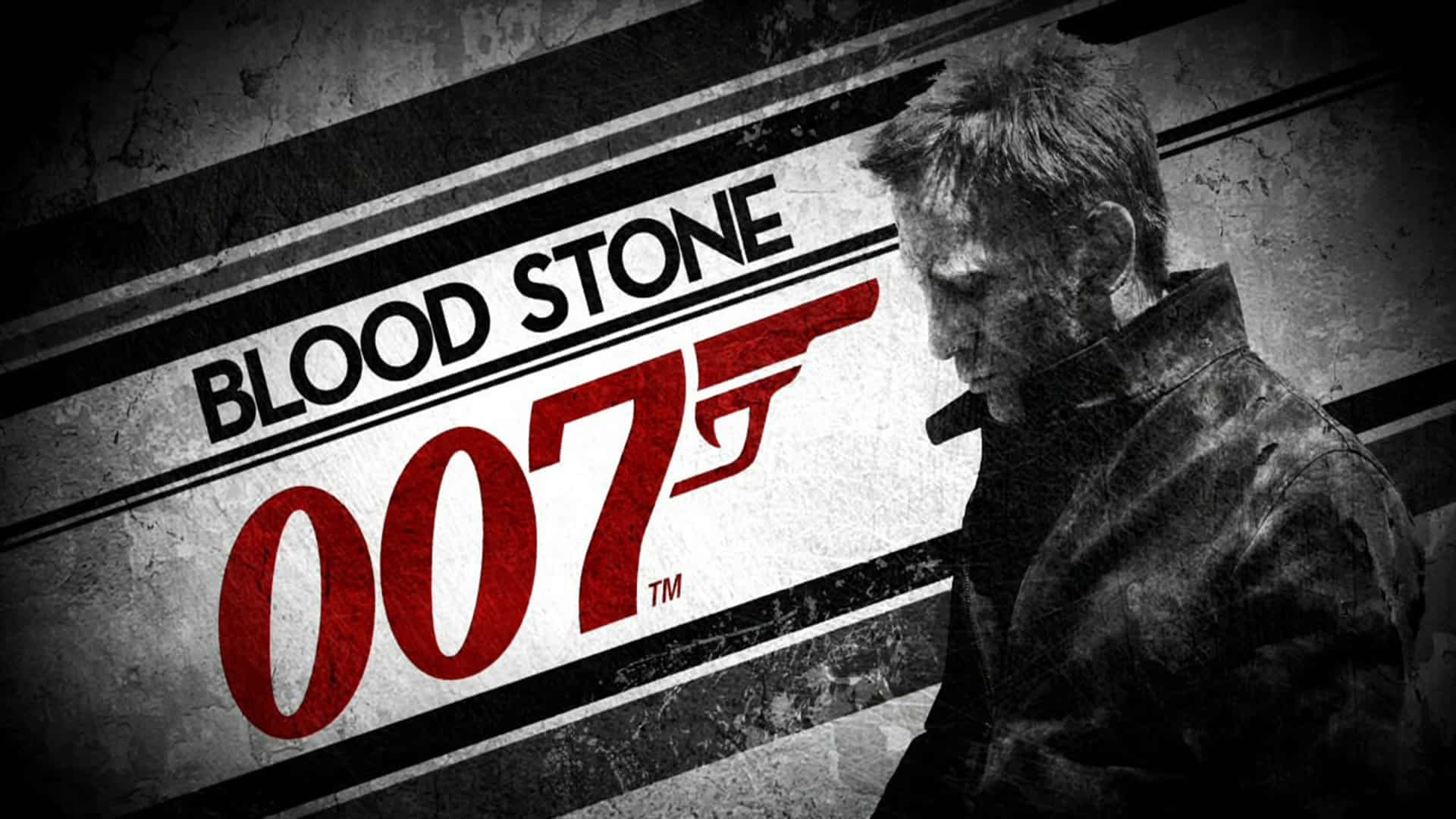

The GamesMaster production team built up a very friendly and close relationship with many gaming studios at the time which was beneficial to all involved.
#James bond 007 nightfire 100 save chest tv#
GamesMaster aired at 6:30 pm, before the watershed, how they got away with some of the sexual innuendos, references and jokes was hilarious and it was that blending of gaming and near the knuckle humour that made the show such a hit.įirst airing in 1992, during the 16-bit generation of gaming with the Mega Drive and SNES and being the first dedicated gaming TV show had developers and publishers eager to show off their latest games. Aimed at older children/teens, but with some more than risqué adult humour.

This was the first time games and the gaming world had a dedicated TV show.

GamesMaster’s format was structured but also felt very fresh and exciting too, with a little anarchy thrown in.
#James bond 007 nightfire 100 save chest series#
Played by the legendary Sir Patrick Moore, who would introduce the game challenges as well as offer his endless wisdom as the GamesMaster to provide hints, tips and cheats for the latest titles.Įach series had a theme/location and even a continuity linked story for the presenter as the series “story” evolved… more of which I’ll cover with each series write-up. Then there was the titular GamesMaster himself. The show would have a main presenter who introduced the games, challenges and spoke with the contestants and often joined by a co-commentator, who would be an industry insider or gaming journalist, comically talking about the games being played.

It would feature news and reviews, but the main thrust of the show would be the challenges where members of the public (and sometimes celebrities) would go up against the latest games and compete to win the coveted golden joystick trophy, which was just a cheap computer joystick spray painted gold. The format of GamesMaster took ideas from popular gaming magazines of the day. So I guess GamesMaster could be considered the first foray into what we now call e-sports. Interestingly enough, because the show had a competitive angle, it fell under the jurisdiction of the sports department of programmes. Channel 4 caught wind of the pitch and offered to push ahead with the production and so GamesMaster was born. Jane put together a pitch for a new TV show that would not just cover new games, but also work in an element of competition via gaming challenges. While watching her young son playing video games, she began to wonder why this increasingly popular form of entertainment is not represented much on TV. GamesMaster was the brainchild of Jane Hewland, who founded TV production company Hewland International. So with that out of the way, onto GamesMaster… all of it. So please do bear with me as there will be gaps of days, even weeks as I write this epic, multi-part retrospective. As I aim to cover every series and every episode (and a few bonuses along the way), so this will take a while. I’m writing and publishing this gargantuan retrospective as and when each part is done. Due to a lack of time, other writing projects and more than several other distractions. When I do these large retrospectives, I usually pre-write the whole thing in advance and publish each part one after the other. My in-depth retrospective look at GamesMaster, from it’s origins to it’s end including every episode and as many interesting tit-bits I can find and cram in along the way. There a hell of a lot to cover here and this is just the beginning. A proper intro (this that you’re reading right now), a look at every series, every single episode and right up to the end of GamesMaster and it’s influence and impact. So I decided to do something more in-depth. But after reading what I had written, it felt unworthy and disrespectful to what was, quite easily the greatest gaming TV show ever made. At first, I thought about doing a short-ish article just looking at how GamesMaster began, grew and ultimately ended.


 0 kommentar(er)
0 kommentar(er)
